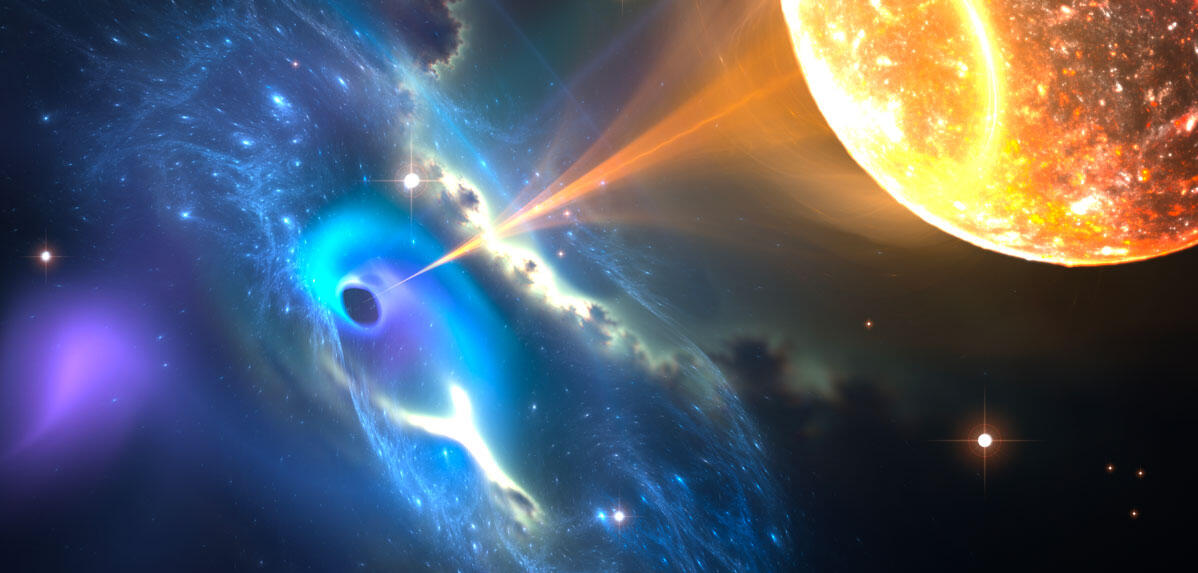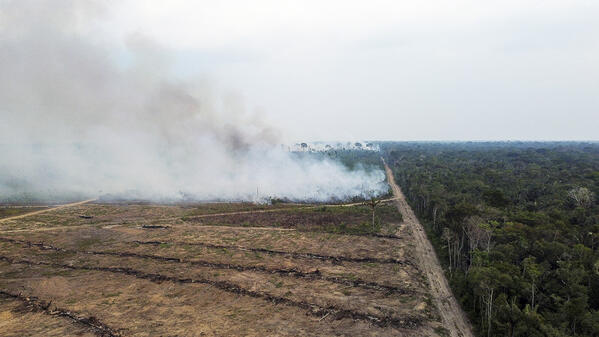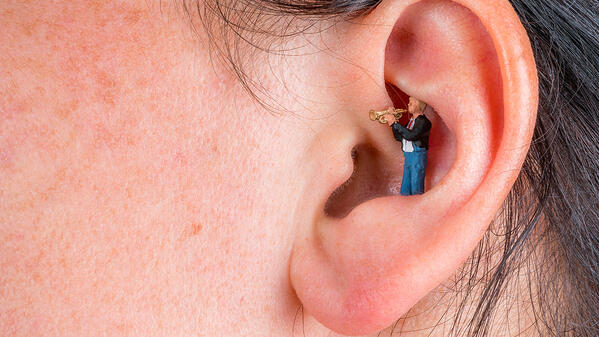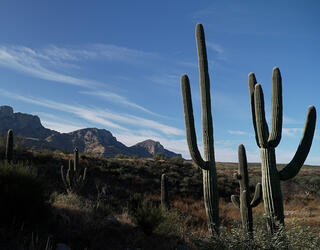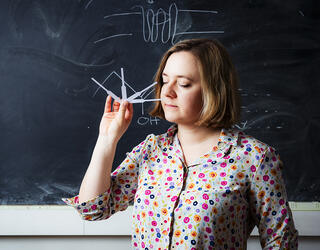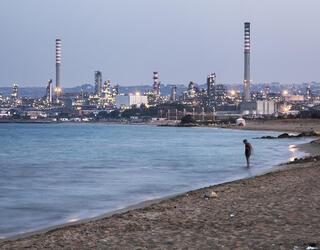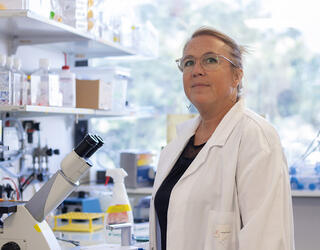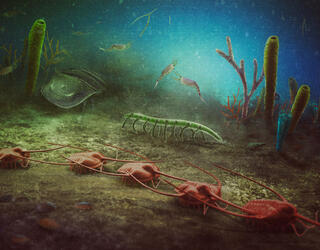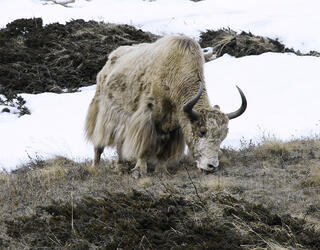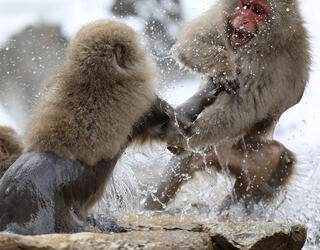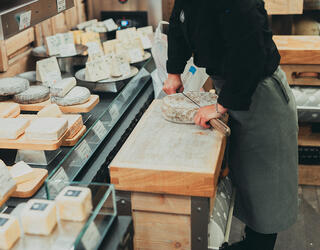The recent discovery of a binary system containing an extremely rare object, the most massive black hole (apart from SgrA*) ever detected in our Galaxy, calls into question the models for the formation of these bodies.
Article
04.24.2024
On our planet, everything is interconnected, from terrestrial and marine ecosystems and biodiversity to ice sheets, rivers and oceans. But a recent report reveals that the dynamics of these different systems is being destabilised by human activities to such...
Article
04.18.2024
Research on tinnitus, a recent investigative field, is now enabling a clearer understanding of the causes and effects of this symptom that affects nearly eight million people in France.
Article
04.14.2024
Our topics
04.15.2024
The American Wild West, and especially Arizona, is not just cactuses, mountains and golden plains. Its dramatic landscapes are also audible. Anne Sourdril, a CNRS anthropologist, and her...
03.28.2024
Winner of the 2023 Irène Joliot-Curie Prize in the “Young Woman Scientist” category, this research chemist has developed the very first experimental structure of a human olfactory receptor.
03.26.2024
Building the petroleum society that is now the basis of our prosperity has come at a cost. Gwenola Le Naour and Renaud Bécot, co-editors of a book on the topic, bring to light the destruction caused...
Article
03.22.2024
Initially trained in biology and chemistry, Stéphanie Descroix now works in a highly multidisciplinary research field, that of microfluidics, a technology that enables the creation of mini-organs on...
Slideshow
03.08.2024
Malaria affects more than 247 million people throughout the world and may have caused up to 620,000 deaths in 2021. Under the ROAdMAP project¹, Ana Gomes and her team at the Laboratory of Pathogens...
03.07.2024
In the context of the 2024 edition of Brain Awareness Week currently being held in France, CNRS News highlights the advances made in the field of autism. Once considered the result of a rare,...
02.28.2024
A newly-discovered fossil deposit in the foothills of the Montagne Noire range in southern France has yielded unprecedented evidence of marine biodiversity from half a billion years ago.
01.30.2024
Nepalese shepherds breed yaks for their milk, meat and wool. In this report published in collaboration with LeMonde, anthropologists and ethologists study their strategies to protect their...
01.18.2024
For the fifth edition of the LPPI “Proof in images” photo competition, first launched in 2019 by the CNRS and its Canadian partner, Acfas, researchers were invited to submit their best science-...
Article
01.16.2024
Cheeses host a multitude of microorganisms that turn milk into curds. Selected by humans, these ferments are not exempt from food industry regulations – to the point that blue cheeses and Camembert...
12.15.2023
From dependence to addiction to the dogma of abstinence, the CNRS neuro-addictologist Serge Ahmed talks about the way our societies view the loss of control over consumption.
Article
12.05.2023
A molecule that can thwart one of the principal mechanisms of tumour resistance to cancer treatments and thus improve patient survival…. This is what researchers in Lyon (France) may have succeeded...


